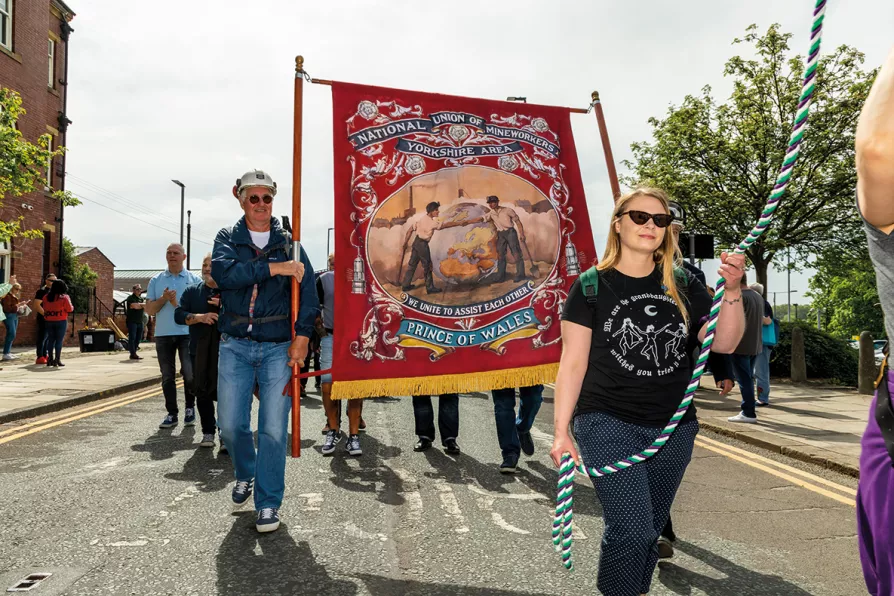RICHARD BURGON MP speaks to Ben Chacko about the Labour right’s complicity in the Mandelson scandal and the need for a total break with Starmerism if the party is to defeat Reform

 [Neil Terry Photography / neilterryphotography.co.uk]
[Neil Terry Photography / neilterryphotography.co.uk]
AS we approach the 40th anniversary of the start of the miners’ strike against pit closures next year, it is striking just how little things have changed for working people and how important trade unions still are in our society.
Almost 40 years ago under Thatcher’s Tory government Britain’s coal miners went from being the “salt of the Earth” providing the coal that generated most of our electricity and kept our homes, schools and hospitals warm to being “the enemy within,” causing disruption and inconvenience for the country because we stood up to a government that was intent on destroying our industry and communities.
After the strike and the Tory government’s vicious programme of pit closures, what was left was privatised so that profit and shareholder dividends were the goals, not providing a vital commodity for the nation and decent secure jobs.

The Communist Party of Britain’s Congress last month debated a resolution on ending opposition to all nuclear power in light of technological advances and the climate crisis. RICHARD HEBBERT explains why

The Home Secretary’s recent letter suggests the Labour government may finally deliver on its nine-year manifesto commitment, writes KATE FLANNERY, but we must move quickly: as recently as 2024 Northumbria police destroyed miners’ strike documents












